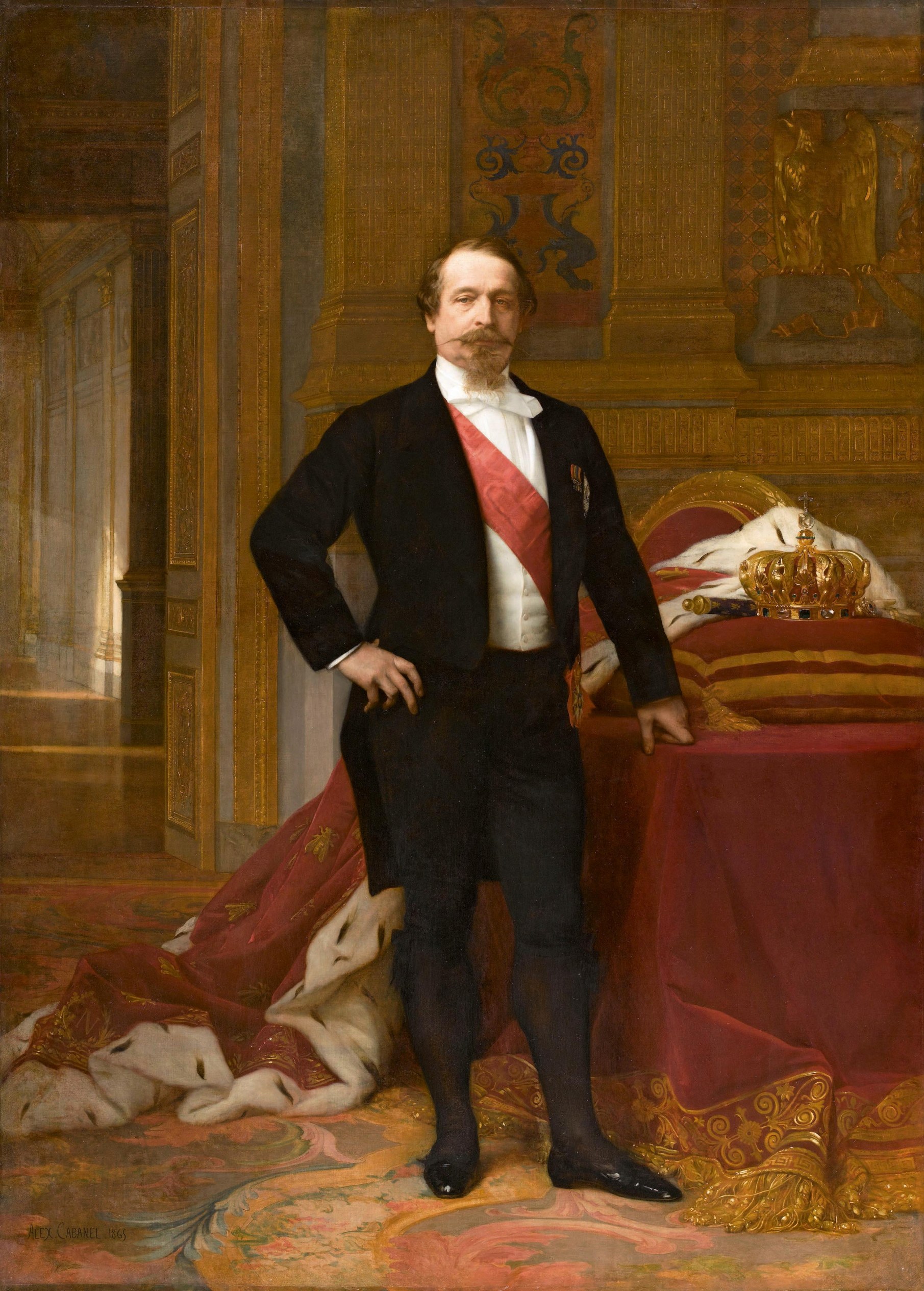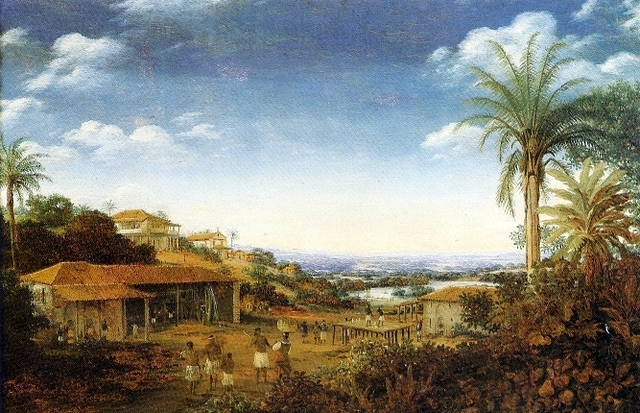|
Vila Isabel
Vila Isabel is a middle-class neighbourhood in the Rio de Janeiro#North Zone, North Zone of Rio de Janeiro, Brazil. Known for being one of the cradles of samba in Brazil, it is located in the subprefecture of Grande Tijuca (:pt:Grande Tijuca, pt). Its music-themed Boulevard 28 de Setembro (:pt: Boulevard 28 de Setembro, pt) celebrates the neighbourhood's long musical heritage. The neighbourhood was named in honour of Brazilian Isabel, Princess Imperial of Brazil, Princess Isabel, renowned for abolishing slavery in Brazil. It is home to ''Unidos de Vila Isabel'', one of the most traditional samba schools in Rio de Janeiro. Vila Isabel is surrounded by the neighbourhoods of Grajaú, Rio de Janeiro, Grajaú to the west; Maracanã, Rio de Janeiro, Maracanã to the east; Andaraí, Rio de Janeiro, Andaraí and Tijuca to the south; and Engenho Novo to the north, from which it is separated by the Serra do Engenho Novo. The total population of Vila Isabel was 65,790 in 2022. According to the ... [...More Info...] [...Related Items...] OR: [Wikipedia] [Google] [Baidu] |
List Of Sovereign States
The following is a list providing an overview of sovereign states around the world with information on their status and recognition of their sovereignty. The 205 listed states can be divided into three categories based on membership within the United Nations System: 193 member states of the United Nations, UN member states, two United Nations General Assembly observers#Current non-member observers, UN General Assembly non-member observer states, and ten other states. The ''sovereignty dispute'' column indicates states having undisputed sovereignty (188 states, of which there are 187 UN member states and one UN General Assembly non-member observer state), states having disputed sovereignty (15 states, of which there are six UN member states, one UN General Assembly non-member observer state, and eight de facto states), and states having a political status of the Cook Islands and Niue, special political status (two states, both in associated state, free association with New ... [...More Info...] [...Related Items...] OR: [Wikipedia] [Google] [Baidu] |
O Globo
''O Globo'' (, ''The Globe'') is a Brazilian newspaper based in Rio de Janeiro. ''O Globo'' is the leading daily newspaper in the country and the most prominent print publication in the Grupo Globo media conglomerate. Founded by journalist Irineu Marinho, owner of '' A Noite'', it was originally intended as a morning daily to extend the newspaper interests of the company. In time, it became the flagship paper of the group. When Irineu died weeks after the founding of the newspaper in 1925, it was inherited by his son Roberto. At age 21, he started working as a trainee reporter for the paper and later became managing editor. Roberto Marinho developed Grupo Globo (the conglomerate of media companies consisting of ''O Globo,'' TV Globo, Rádio Globo, Editora Globo and other subsidiaries) as Brazil's largest media group, entering radio in the 1940s and TV in the 1960s, and picking up other interests. An active supporter of the military dictatorship that lasted from 1964 to 198 ... [...More Info...] [...Related Items...] OR: [Wikipedia] [Google] [Baidu] |
Haussmann's Renovation Of Paris
Haussmann's renovation of Paris was a vast public works programme commissioned by French Emperor Napoleon III and directed by his prefect of the Seine, Georges-Eugène Haussmann, between 1853 and 1870. It included the demolition of medieval neighbourhoods that were deemed overcrowded and unhealthy by officials at the time, the building of wide avenues, new parks and squares, the annexation of the suburbs surrounding Paris, and the construction of new sewers, fountains and aqueducts. Haussmann's work was met with fierce opposition, and he was dismissed by Napoleon III in 1870. Work on his projects continued until 1927. The street plan and distinctive appearance of the centre of Paris today are largely the result of Haussmann's renovation. Background Overcrowding, disease, crime and unrest in the centre of the old Paris In the middle of the 19th century, the centre of Paris was viewed as overcrowded, dark, dangerous, and unhealthy. In 1845, the French social reformer Vi ... [...More Info...] [...Related Items...] OR: [Wikipedia] [Google] [Baidu] |
Slavery In Brazil
Slavery in Brazil began long before the Colonial Brazil, first Portuguese settlement. Later, colonists were heavily dependent on indigenous labor during the initial phases of settlement to maintain the subsistence economy, and natives were often captured by expeditions of bandeirantes (derived from the word for "flags", from the flag of Portugal they carried in a symbolic claiming of new lands for the country). The importation of African slaves began midway through the 16th century, but the enslavement of indigenous peoples continued well into the 17th and 18th centuries. Europeans and Chinese were also enslaved. During the Atlantic slave trade era, Brazil imported more enslaved Africans than any other country in the world. Brazil's foundation was built on the exploitation and enslavement of indigenous peoples and Africans. Out of the 12 million Africans who were forcibly brought to the New World, approximately 5.5 million were brought to Brazil between 1540 and the 1860s. Th ... [...More Info...] [...Related Items...] OR: [Wikipedia] [Google] [Baidu] |
Law Of Free Birth
The Rio Branco law (), also known as the Law of Free Birth (), named after its champion, prime minister José Paranhos, Viscount of Rio Branco, was passed by the General Assembly of the Empire of Brazil on 28 September 1871. It was intended to grant freedom to all newborn children of slaves, and slaves of the state or crown. However, children of enslaved women in Brazil were obligated to serve their mother's owners until the age of 21, a condition that was often more or less that of slavery. The law did not define the exact legal status of enslaved women's wombs; this was negotiated by enslaved people afterwards, with women at the forefront. The law was the beginning of an abolition movement in Brazil, but it turned out to be more of a legal loophole than a radical measure that led to viable progress. Only a few people were freed under the law, while more than one million people continued to be held as slaves throughout Brazil. This law had more of an influence in the northern p ... [...More Info...] [...Related Items...] OR: [Wikipedia] [Google] [Baidu] |
Amélie Of Leuchtenberg
Amélie of Leuchtenberg (; ; 31 July 1812 – 26 January 1873) was List of Brazilian consorts, Empress of Brazil as the wife of Pedro I of Brazil. She was the granddaughter of Josephine de Beauharnais, Empress of the First French Empire, French. Her father, Eugène de Beauharnais, was the only son of Empress Josephine and her first husband Alexandre, Viscount of Beauharnais. He thus became a stepson of Napoleon Bonaparte when his mother married the future emperor. The mother of Empress Amélie was Princess Augusta of Bavaria, Princess Augusta, daughter of Maximilian I Joseph of Bavaria, Maximilian I, King of Kingdom of Bavaria, Bavaria. Family, childhood and youth Amélie was the fourth child of General Eugène de Beauharnais, Duke of Leuchtenberg and his wife Princess Augusta of Bavaria. Her father was the son of Joséphine de Beauharnais and her first husband, Viscount Alexandre de Beauharnais. When Joséphine remarried, to Napoleon Bonaparte, Eugène was adopted by the latte ... [...More Info...] [...Related Items...] OR: [Wikipedia] [Google] [Baidu] |
João Batista Viana Drummond
João is a given name of Portuguese origin. It is equivalent to the given name John. The diminutive is Joãozinho and the feminine is Joana. It is widespread in Portuguese-speaking countries. Notable people with the name are enumerated in the sections below. Kings * João I of Portugal * João II of Portugal * João III of Portugal * João IV of Portugal * João V of Portugal * João VI of Portugal * João I of Kongo, ruled 1470–1509 * João II of Lemba or João Manuel II of Kongo, ruled 1680–1716 * Dharmapala of Kotte, last King of the Kingdom of Kotte, reigned 1551–1597 Princes * João Manuel, Prince of Portugal (1537–1554), son of John III * Infante João, Duke of Beja (1842–1861) Arts and literature * João Borsch, Portuguese musician * João Bosco, Brazilian musician * João Cabral de Melo Neto, Brazilian poet and diplomat * João César Monteiro, Portuguese film director * Joao Constancia, Filipino singer, actor and dancer * João Donato, Brazilian musician ... [...More Info...] [...Related Items...] OR: [Wikipedia] [Google] [Baidu] |
Calçada Musical
Portuguese pavement, known in Portuguese as or simply (or in Brazil), is a traditional-style pavement used for many pedestrian areas in Portugal. It consists of small pieces of stone arranged in a pattern or image, like a mosaic. It can also be found in Olivença (a disputed territory administered by Spain) and throughout former Portuguese colonies, especially in Brazil. Portuguese workers are also hired for their skill in creating these pavements in places such as Gibraltar. Being usually used in sidewalks, it is in town squares and atriums that this art finds its deepest expression. One of the most distinctive uses of this paving technique is the image of Saint-Queen Elizabeth of Portugal (Santa Rainha Isabel), in Coimbra, designed with black and white stones of basalt and limestone. History Paving as a craft is believed to have originated in Mesopotamia, where rocky materials were used on the inside and outside of constructions, being later brought to ancient Greece an ... [...More Info...] [...Related Items...] OR: [Wikipedia] [Google] [Baidu] |
Igreja Nossa Senhora De Lurdes
"Igreja" ("Church") is a single by Brazilian rock band Titãs, released in 1986, as part of their ''Cabeça Dinossauro'' album. Lyrics and composition According to songwriter and then bassist and vocalist Nando Reis, the song was written on the acoustic guitar at his mother's house in the district of Butantã, São Paulo as a protest to the censorship against Jean-Luc Godard's film ''Je vous salue, Marie'': "there was a boycott against it and Roberto Carlos, of whom I am a big fan, wrote something in support of the boycott. That, in a certain way, was against my ideals, the matter of liberty. That motivated me to write the song." By the time of the album's release, Reis said: Reception within the band It was one of the last songs to be selected for the album and it stirred controversy among the members themselves - vocalist Arnaldo Antunes, at first, didn't want to record it and would even leave the stage sometimes when the song was performed live. When the members had a m ... [...More Info...] [...Related Items...] OR: [Wikipedia] [Google] [Baidu] |



